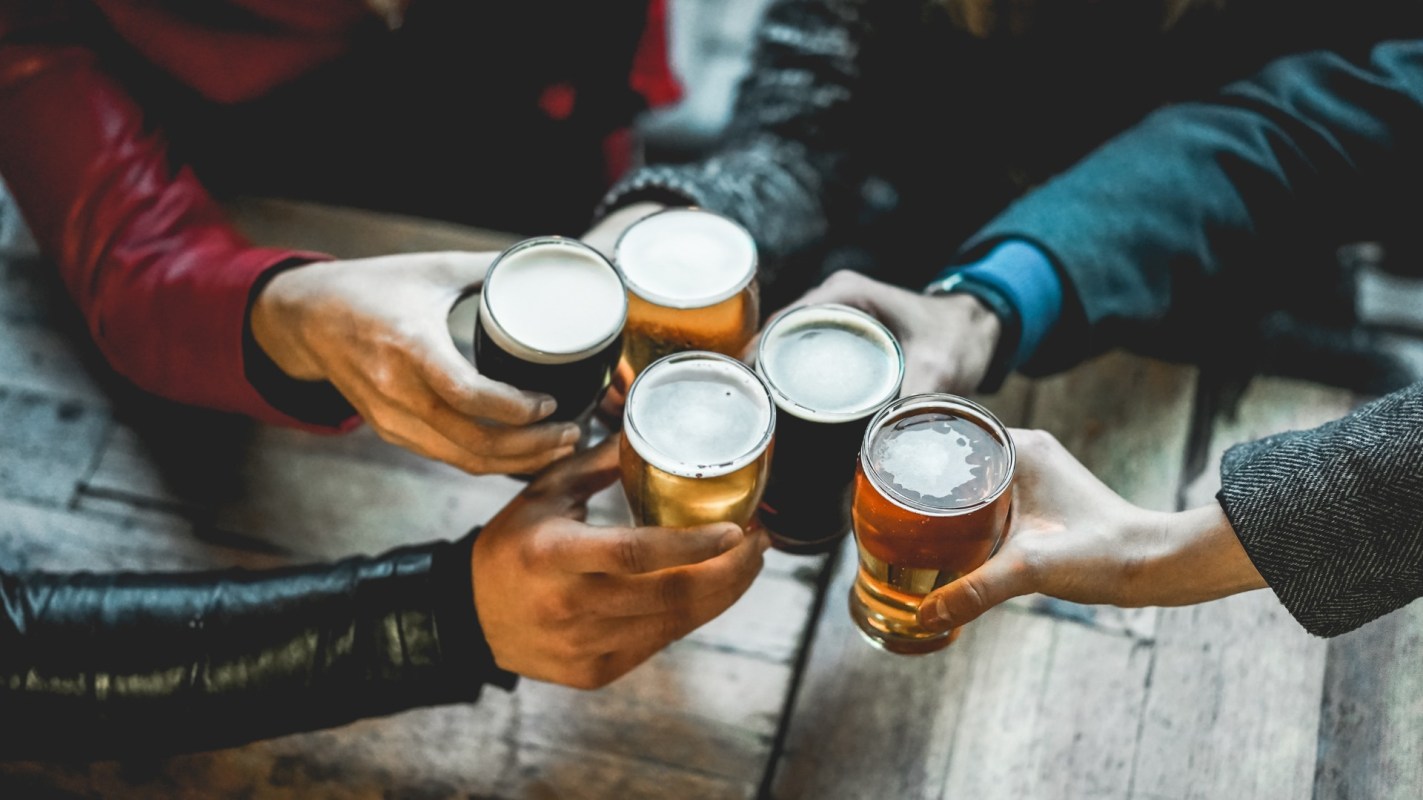Drinking on St. Patrick's Day is a time-honored tradition, but even just one pint of conventionally-brewed beer can cause tons of unexpected problems for the planet, from water usage to air pollution.
So, how can you tell the difference between a conventional beer and a truly "green" sustainable beer?
What makes beer unsustainable?
From the hops and grain grown to provide ingredients to the water supply to the energy used throughout the brewing process, beer can have quite a profound impact on our resources and the planet.
The brewing process is water-intensive. Brewers use water for cleaning, steam production, malting, and cooling, making it the largest single raw material used during the brewery process. According to the University of Vermont, as many as seven barrels of water make only a single barrel of beer.
Brewing beer is energy intensive as well, making breweries a notable source of air pollution. Heat gets used to boil wort and power refrigeration units that consume 35% of U.S. breweries' energy use — this heat, along with air pollution, is often generated by burning dirty energy.
The brewing process releases two planet-overheating gases: carbon dioxide and methane. Fermentation, malting, and preservation produce a significant amount of carbon air pollution, while methane gets released from the breakdown of spent grains and hops.
Resources aren't the only sustainability concern of beer. At the end of the brewing process, all that's left over is undrinkable water and spent grains and hops.
The wastewater from breweries is a mixture of water and beer with a hint of chemicals like methanol and acetone. Large breweries and craft brewers produce anywhere from three to seven gallons of wastewater — also called effluent — per gallon of beer brewed. This effluent can cause serious damage to water supplies and wildlife if improperly managed.
Why does sustainable beer matter?
The average beer is up to 95% water — so without water, there is no beer. This is a sobering reality as prolonged droughts resulting from our overheating planet threaten water supplies around the world.
Considering how water and energy intensive the brewing process is, efforts to make beer more sustainable can help to slow the overheating of our planet and conserve our precious resources. If we want to have our pints (and drink them, too), we need to support more sustainable brewers.
"The takeaway for the brewing industry is that it is financially feasible to introduce energy-saving practices into the brewing process," Sanya Carley, an associate professor of Indiana University's O'Neill School of Public and Environmental Affairs, told Ethos. "Even if it ends up adding costs, more than half of all beer consumers are willing to absorb those extra costs."
New Belgium's Fat Tire became the first mainstream beer brand to achieve a carbon-neutral certification through its clean energy and heat recovery initiatives and buying carbon offsets.
You can help make this St. Patty's Day even greener, one pint at a time, by opting for a sustainable craft beer. Look for brewers with dedicated sustainability commitments and initiatives like clean energy use, wastewater recycling, and methane pollution capture.
Join our free newsletter for easy tips to save more, waste less, and help yourself while helping the planet.








